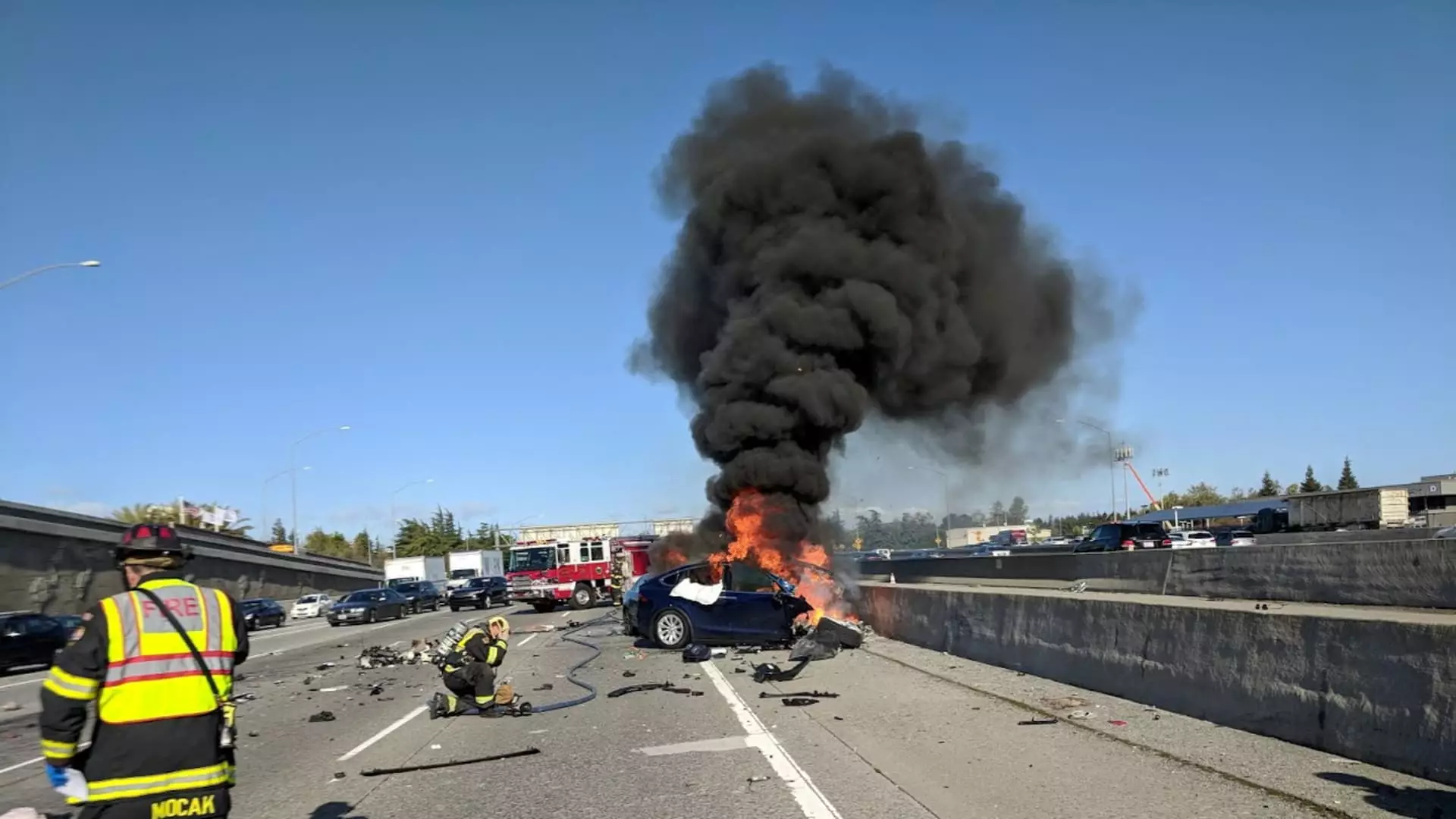In a tragic incident, Walter Huang, an Apple engineer and father of two, lost his life when his Tesla Model X SUV, equipped with Autopilot features, crashed into a highway barrier near Mountain View, California, in 2018. The National Transportation Safety Board (NTSB) conducted an investigation and determined that Tesla’s technology, driver distraction, and road construction issues all played a role in the fatal collision.
Tesla recently reached a settlement in the wrongful death lawsuit brought by Huang’s family, just as the trial was set to begin in a California Superior Court. By settling the case, Tesla avoids the public scrutiny that would have come with a trial. The terms of the settlement have not been disclosed to the public, as Tesla has filed to keep the amount confidential.
The NTSB found that Tesla’s forward collision warning system failed to alert Huang before the crash, and the automatic emergency braking system did not activate as the vehicle accelerated into the barrier. Additionally, issues such as faded lane markings and the positioning of the crash attenuator were cited as contributing factors to the collision. Huang’s family’s lawsuit focused on alleged safety and design defects in Tesla’s driver assistance systems.
Court filings in the case revealed internal Tesla emails discussing how company executives and engineers had become complacent while using Autopilot features. Some employees admitted to reading emails and checking their phones while driving with these systems engaged. This raised questions about Tesla’s safety culture and the company’s messaging regarding Autopilot.
If Tesla had been found liable for Huang’s death in this trial, it could have set a precedent for future product liability suits against the company. This case has already raised concerns among shareholders and customers about Tesla’s approach to safety and the effectiveness of its driver assistance systems. The outcome of the trial could have had far-reaching consequences for the EV maker.
The settlement of the wrongful death lawsuit stemming from Walter Huang’s tragic accident raises important questions about the role of technology, driver responsibility, and corporate accountability in cases of this nature. It serves as a reminder of the complexities and challenges that arise when innovative technologies like Tesla’s Autopilot are involved in accidents with devastating consequences. The implications of this case are likely to be felt not only within Tesla but also across the automotive industry as a whole.


Leave a Reply